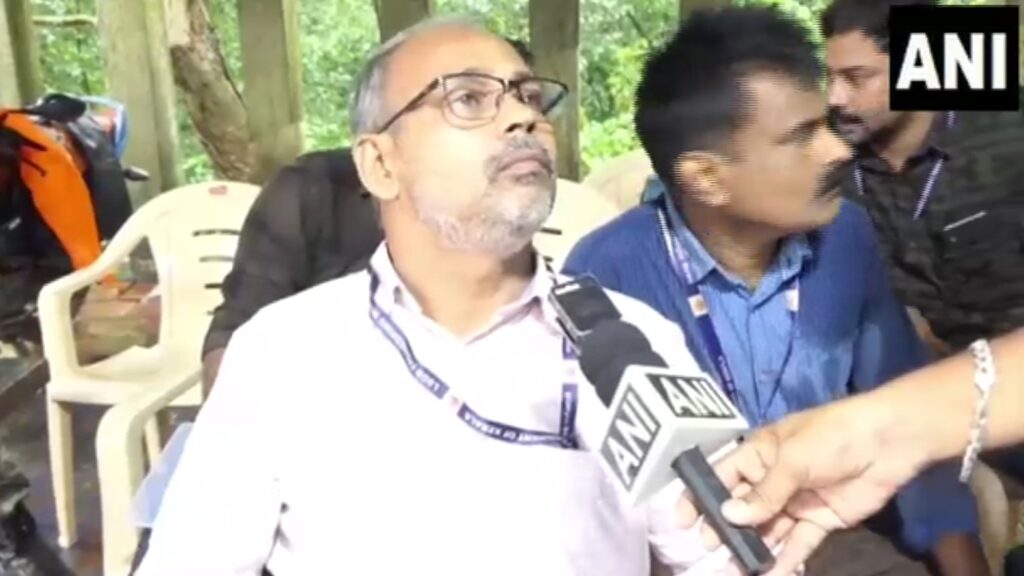A Legal Storm Over Free Speech in West Bengal
The Bar Council of India (BCI) issued a scathing statement condemning the arrest of Sharmishtha Panoli, a 22-year-old law student and social media influencer, labeling it a “blatant assault on freedom of expression” and a “complete failure of justice.” Panoli was arrested by Kolkata Police in Gurugram on May 30, 2025, over a now-deleted video about Operation Sindoor, a military action targeting terror camps in Pakistan-occupied Kashmir. Despite her immediate apology and removal of the content, she was remanded to judicial custody until June 13 after her bail plea was rejected. The BCI, led by Chairman Manan Kumar Mishra, accused the West Bengal government of selective enforcement and politically motivated action, sparking a national debate on free speech and minority rights.
The Arrest of Sharmishtha Panoli – What Happened?
Sharmishtha Panoli’s arrest stems from a controversial video she posted on social media, where she allegedly used abusive and communally charged language while discussing Operation Sindoor. The video, which was deleted shortly after posting on May 15, 2025, prompted a complaint leading to her arrest in Gurugram two weeks later. Kolkata Police justified the arrest, stating that the content promoted communal hatred, and clarified that Panoli was not targeted for expressing patriotism but for violating laws against hate speech.
However, the BCI highlighted that Panoli had issued an immediate apology and removed the video, questioning the necessity of her arrest and subsequent 14-day judicial custody. This case has drawn significant attention, with critics arguing that the arrest reflects a broader pattern of stifling dissent in West Bengal.
BCI’s Condemnation – A Call for Justice and Fairness
The Bar Council of India, through Chairman Manan Kumar Mishra, took a firm stand against Panoli’s arrest, describing it as an “absolute failure of justice.” Mishra accused the Mamata Banerjee-led West Bengal government and Kolkata Police of engaging in “excessive, selective, and politically motivated action,” alleging that individuals from specific communities are disproportionately targeted while more serious offenses by others are overlooked.
Sharmistha Panoli’s courage exposes the #Bengal government’s hypocrisy - swift to crush dissent, silent on hate from their own/selected.
— Manan Kumar Mishra (@MishraManan01) June 1, 2025
Selective enforcement for vote-bank politics is a stain on democracy. #IStandWithSharmishtha #SharmisthaPanoli, #ReleaseSharmistha pic.twitter.com/IU1Ag0y9R3
The BCI demanded Panoli’s immediate release, a fair trial, and an end to what they called “hypocrisy” in the state’s justice system. This condemnation underscores broader concerns about the erosion of constitutional freedoms in West Bengal, particularly freedom of expression, a right enshrined in Article 19 of the Indian Constitution.
Political Reactions and Broader Implications for Free Speech
The arrest of Sharmishtha Panoli has ignited a firestorm of criticism from across the political spectrum, with the BJP and Congress both condemning the West Bengal government’s actions. BJP leader Amit Malviya questioned the timing and urgency of the arrest, noting Panoli’s prior apology, while the BCI’s statement has drawn international attention to the state’s handling of free speech issues.
Critics argue that the Mamata Banerjee government is using legal mechanisms to suppress dissent, a claim supported by similar incidents of alleged selective enforcement in the state. The Kolkata Police, however, maintain that the arrest followed due legal process and was not influenced by political or religious motives. This case highlights the fragile balance between curbing hate speech and protecting freedom of expression in India, raising questions about the uniform application of laws.





















